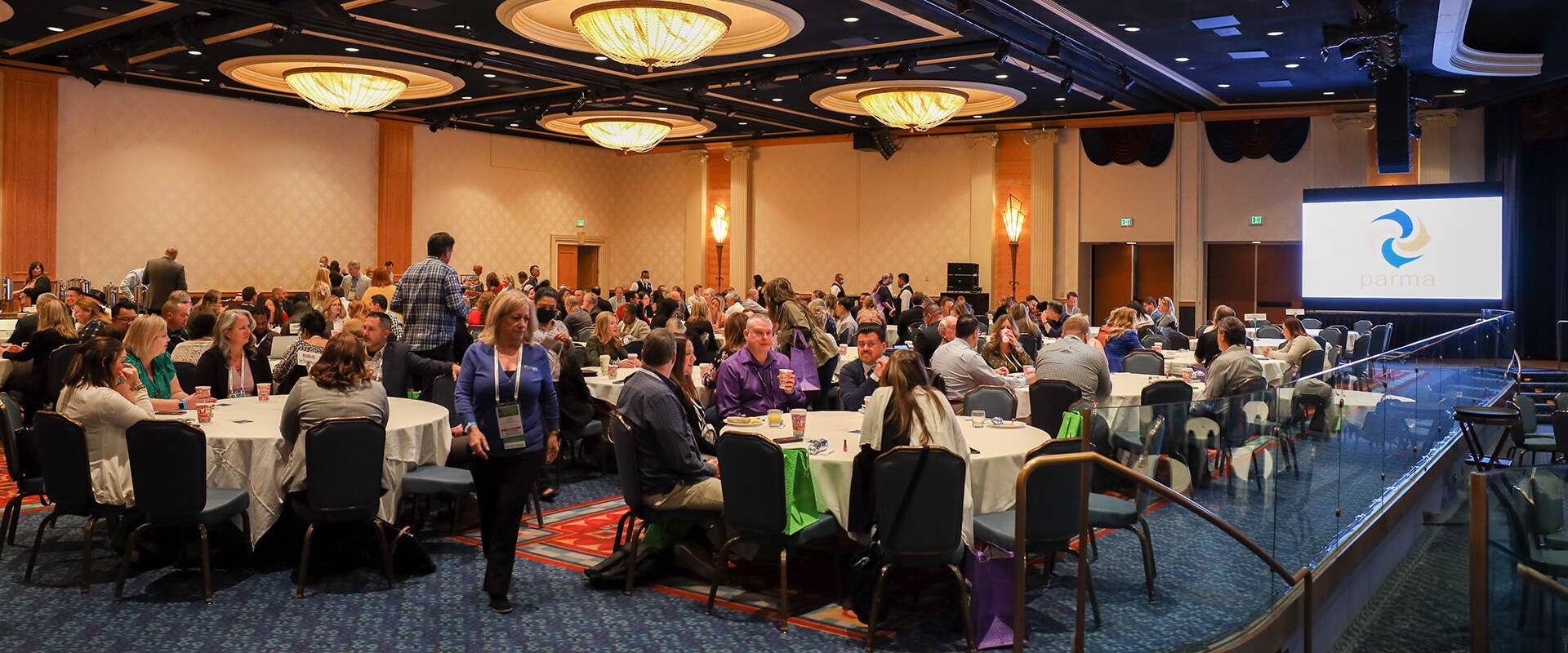For experts who make a living forecasting hurricanes, storm season is a year-round worry. When the tropics are calm, as they are now, researchers dive into data, analyze results, improve scientific models and train state and local officials on the latest technology that can help them make lifesaving decisions.
But the partial government shutdown — the longest in United States history — has brought much of that fieldwork and instruction to a halt. Most researchers have been furloughed, and training academies and courses have been canceled, with no makeup dates in sight.
Emergency workers, such as firefighters, paramedics and physicians, rely on federal academies to earn national certifications, keep their training current and learn how to keep people safe during a disaster. The prolonged stalemate, though, has forced the cancellation of a five-day course at the National Hurricane Center in Florida for recently hired state and municipal emergency managers. And last month, when the shutdown began, some 50 trainees at the National Fire Academy in Maryland were sent home, their coursework incomplete, said Steve Reaves, the president of the union that represents Federal Emergency Management Agency workers.
W. Craig Fugate, a former FEMA chief, warned that the missed workweeks would be difficult to make up before the next calamity strikes.












